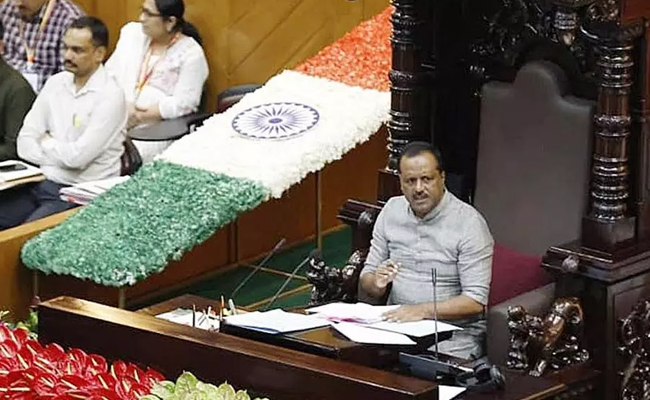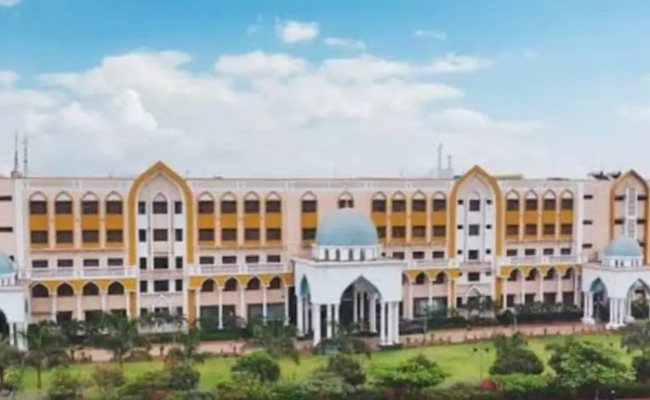Mumbai: Irrfan Khan, one of India's finest and most versatile actors, lost his battle with a rare form of cancer and died in a Mumbai hospital on Wednesday, a statement from his family said. He was 54.
Irrfan, who was diagnosed with neuroendocrine tumour in 2018, is survived by his wife Sutapa and his sons Babil and Ayaan.
It is the second tragedy for the family in less than a week. The Maqbool actor lost his mother, 95-year-old Saeeda Begum, in Jaipur just four days ago and could not attend the funeral because of the nationwide lockdown.
Irrfan, that rare actor who straddled multiple worlds, making his mark in both international and Indian cinema in roles intense and light-hearted, was admitted to the intensive care unit of the Kokilaben Dhirubhai Ambani Hospital with a colon infection.
It's saddening that this day, we have to bring forward the news of him passing away. Irrfan was a strong soul, someone who fought till the very end and always inspired everyone who came close to him. After having been struck by lightning in 2018 with the news of a rare cancer, he took life soon after as it came and he fought the many battles that came with it, the statement from his family said.
Surrounded by his love, his family for whom he most cared about, he left for heavenly abode, leaving behind truly a legacy of his own. We all pray and hope that he is at peace. And to resonate and part with his words he had said, 'As if I was tasting life for the first time, the magical side of it', it added.
The news of his death was first confirmed by his "Piku" director Shoojit Sircar who sent his condolences to the family and doffed his hat to the actor's fighting spirit.
"My dear friend Irfaan. You fought and fought and fought. I will always be proud of you.. we shall meet again.. condolences to Sutapa and Babil.. you too fought, Sutapa you gave everything possible in this fight. Peace and Om shanti. Irfaan Khan salute," the director said on Twitter.
Irrfan's death came the morning after news that he had been admitted to the ICU with a colon infection.
The self-effacing National Award winner, who acted in films as diverse as Life of Pi , The Namesake and Haasil , had stayed away from the public eye after his diagnosis in 2018 when he went to the UK for treatment.
He returned home in 2019 and shot for "Angrezi Medium", the sequel to his 2017 hit "Hindi Medium". However, his health condition prevented him from promoting the movie, which hit the theatres in March just before the lockdown that began on March 25.
Let the Truth be known. If you read VB and like VB, please be a VB Supporter and Help us deliver the Truth to one and all.
Hyderabad (PTI): Leader of the Opposition in the Lok Sabha, Rahul Gandhi, will attend the GOAT India Tour event featuring football legend Lionel Messi at the RGI Cricket Stadium here on Saturday evening, Telangana Congress sources said.
A friendly match will be played between the two teams -- Singareni RR9 and Aparna-Messi All Stars. These two teams will be playing a 15-20 minute friendly match and five minutes before the game, Chief Minister Revanth Reddy, a football enthusiast and Messi will join and will dribble the ball together.
Rahul Gandhi will land here on a special flight at 4.30 PM and will proceed to Taj Falaknuma Palace Hotel where Messi will be staying.
After watching the game, Gandhi will leave for the national capital by 10.30 PM.
Elaborate security arrangements are being made for the event at the RGI Cricket stadium.
Rachakonda Police Commissioner Sudheer Babu said security would be provided with 3,000 personnel.





